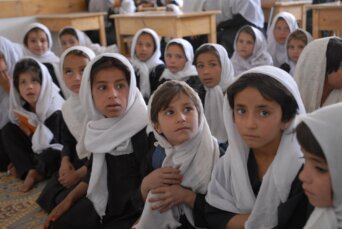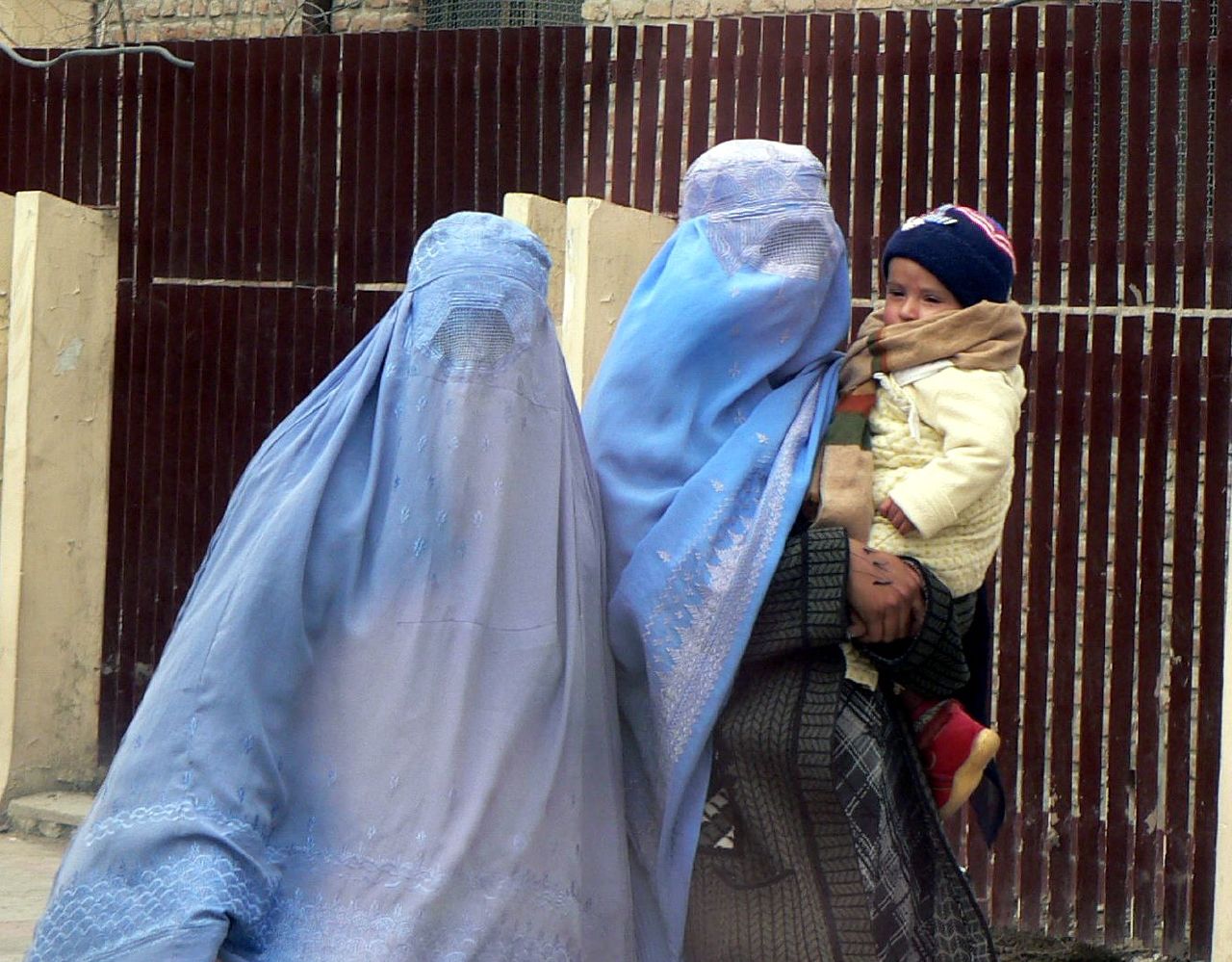- About
- Topics
- Picks
- Audio
- Story
- In-Depth
- Opinion
- News
- Donate
- Signup for our newsletterOur Editors' Best Picks.Send
Read, Debate: Engage.
| topic: | Humanitarian Aid |
|---|---|
| located: | Afghanistan |
| editor: | Shadi Khan Saif |
In the midst of the terrible humanitarian crisis, the world must put aside their pondering of the geopolitical and strategic aspects of the Taliban’s takeover and prioritise saving lives in Afghanistan, which are at risk of starvation and health issues due to dwindling supplies.
The shock about the extremist group’s sudden return to power on the 20th anniversary of the 9/11 attacks should not overshadow the urgent needs of the Afghans grappling with their day-to-day affairs amid utter chaos and grim uncertainty. The world should not punish needy Afghan citizens for the Taliban rule by delaying assistance.
The causes and the partisan responsibilities of why this sudden change in regime happened in such a haphazard way after so many years of international engagement is something to reflect upon in the coming months and years. Currently, it would be a criminal negligence of the international community to focus on the story instead of extending humanitarian aid to those stranded in some of the most remote, rural and traumatised urban centres of the war-ravaged country.
Any illusioned efforts of manipulating the Taliban’s actions via reductions in medical supplies or aid amount to nothing more than inhumane actions against the civilian population that had no role in the militant group’s rise to power, and are suffering and in dire need due to these circumstances.
These illusioned efforts are an effect of the mistaken belief that the capture of the state in Kabul was actually a peaceful transition of power. Although no military fighting occured and citizens did not die on the streets as many feared, the resulting crippling poverty and absolute dearth of medical supplies will prove to be lethal.
It was encouraging to see this point raised at the UN Security Council session last week that in the current environment, the international community’s role must be clear and build on humanitarian imperatives. There is an immediate and pressing need to deliver, on a huge scale, essential humanitarian aid in areas such as health, food security, non-food items and sanitation.
The grim concern emerged last week when it was revealed that billions of assets and donor funds had been frozen by members of the international community in an apparent bid to deny these funds to the de facto Taliban administration.
This, however, is quite a naïve approach with very little consideration for the side effects. It also reflects the same old mindset of little insight, consideration or care for Afghanistan at the international level.
With some thoughtfulness instead of such a harsh punishment for the entire nation, the international community can easily navigate the delivery of food and aid to the needy without legitimising or financing the Taliban.
Image by David Mark

